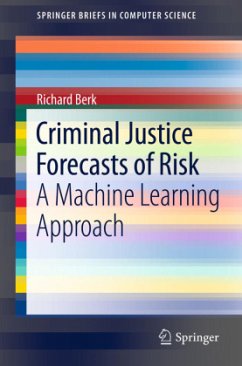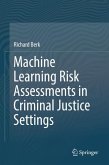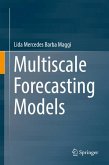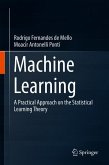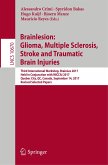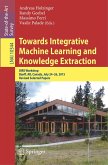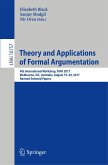Machine learning and nonparametric function estimation procedures can be effectively used in forecasting. One important and current application is used to make forecasts of "future dangerousness" to inform criminal justice decision. Examples include the decision to release an individual on parole, determination of the parole conditions, bail recommendations, and sentencing. Since the 1920s, "risk assessments" of various kinds have been used in parole hearings, but the current availability of large administrative data bases, inexpensive computing power, and developments in statistics and computer science have increased their accuracy and applicability. In this book, these developments are considered with particular emphasis on the statistical and computer science tools, under the rubric of supervised learning, that can dramatically improve these kinds of forecasts in criminal justice settings. The intended audience is researchers in the social sciences and data analysts in criminal justice agencies.
From the reviews:
"Predicting 'future dangerousness' has been a hot topic in psychology, sociology, and criminal justice for many years. ... The current state of machine learning statistical procedures utilizing very large datasets is presented in a little over 100 interesting pages. The book is aimed at social science graduate students and researchers, and criminal justice data analysts. Anyone interested in the topic will find it a good read. ... Clearly, the author is moving our knowledge of this important topic forward." (Brad Reid, ACM Computing Reviews, October, 2012)
"Predicting 'future dangerousness' has been a hot topic in psychology, sociology, and criminal justice for many years. ... The current state of machine learning statistical procedures utilizing very large datasets is presented in a little over 100 interesting pages. The book is aimed at social science graduate students and researchers, and criminal justice data analysts. Anyone interested in the topic will find it a good read. ... Clearly, the author is moving our knowledge of this important topic forward." (Brad Reid, ACM Computing Reviews, October, 2012)

